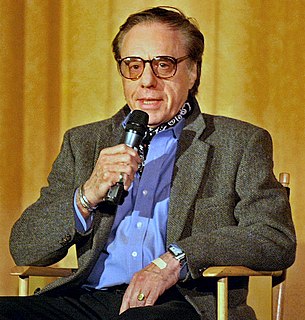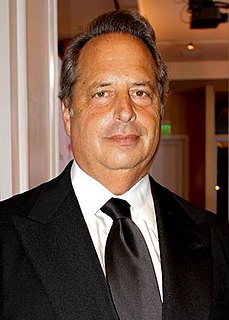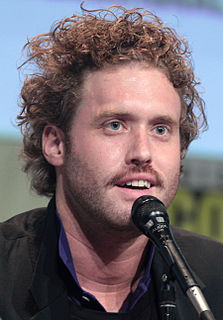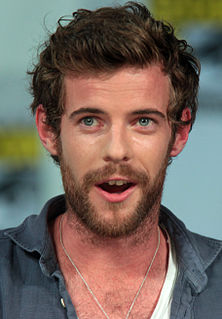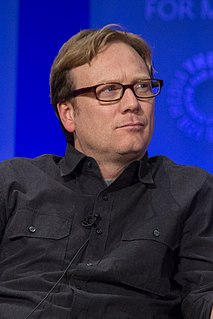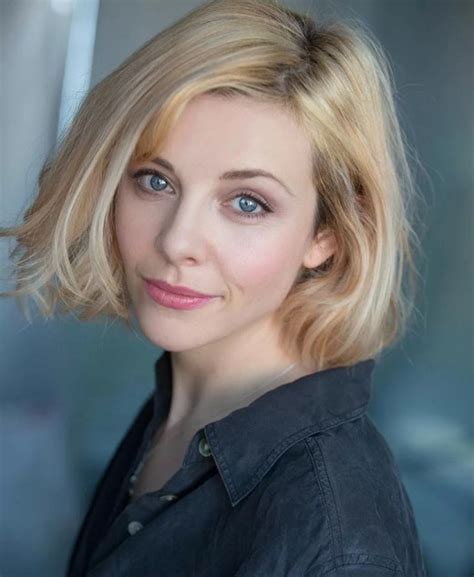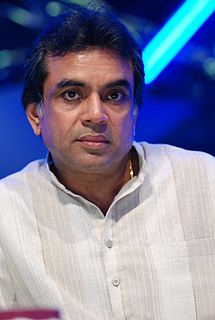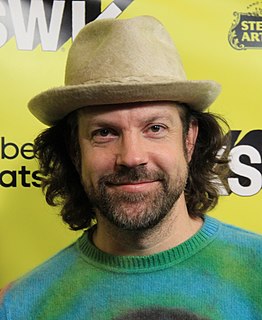A Quote by Michaela Coel
I wrote a play at drama school, which was a dark comedy - people laughed and cried. And then my script of one of the shows was picked up by a comedy sketch company... so then I had to write comedy.
Related Quotes
I acted in high school and studied at the British American Drama Academy in Oxford for one summer. I minored in theater, and I was always acting growing up and stuff, but really, I was just more interested in the comedy of it all. So for me, it's always comedy, and then acting is just one medium of comedy.
I think I'm one of those guys who was sort of always in comedy. I thought of myself - and other people seemed to think of me - as funny from a very young age. I was a very young comedy nerd and I even did sketch comedy in high school and college. I wrote and shot sketches on video and acted in them.
Because I was familiar with Taika's Watiti work and there's a very subversive, funny streak amongst all of them. I don't think he turned [Hunt for the Wilderpeople] into a sort of drama, there's too much dark material underneath it for it to be a comedy; it wasn't designed to be a comedy. I think it's a comedy... I think it's a drama that's funny; which is different.
Having written both comedy and drama, comedy's harder because the fear of failure's so much stronger. When you write a scene and you see it cut together, and it doesn't make you laugh, it hurts in a way that failed drama doesn't. Failed drama, it's all, 'That's not that compelling,' but failed comedy just lays there.

